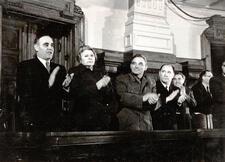Education: Teachers
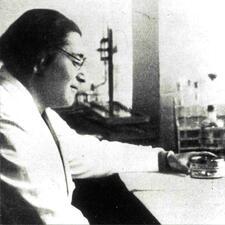
Berta Ottenstein
A pioneer in skin biochemistry and dermatology, Berta Ottenstein became the first woman lecturer in the Medical Faculty at the University of Freiburg in 1931. Two years later she was forced to flee Germany and begin her scientific career anew. After occupying research positions at the universities of Budapest and Istanbul, she received a research fellowship at Harvard University in 1945.

Margalit Oved
Margalit Oved—dancer, choreographer, singer, actress, musician—is the epitome of a performance artist. Her work blended elements from the Yemen of her childhood, the Israel of her adolescence, and the Los Angeles of her adulthood. She has left an indelible mark on twentieth-century Jewish culture through her inventive and modern interpretations of ancient biblical tales.
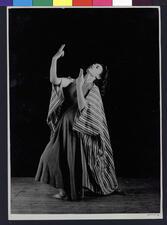
Dancer Paula Padani
Paula Padani
Paula Padani was an influential choreographer, performer, and teacher who explored Jewish themes in her work as she danced throughout Israel, the United States, and Europe. Her work was inspired by the landscapes of Israel and biblical themes, and she was celebrated in post World War Two Paris for her talent and vitality as a Jewish artist.
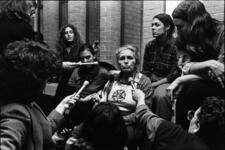
Grace Paley
Grace Paley wrote highly acclaimed short stories, poetry, and reflections on contemporary politics and culture. A rare example of a writer deeply engaged with the world, Grace Paley made an impact as much through her activism as her writing.
Jessica Blanche Peixotto
Judith Peixotto
Rivkah Perelis
Rivkah Perelis was a Polish-born historian whose research focused on the Holocaust and the Zionist youth movement during the Nazi occupation of Poland.
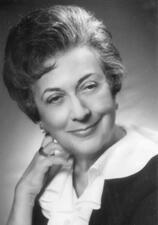
Helen Harris Perlman
With almost seventy years as a social work practitioner, supervisor, teacher, consultant, and author to her credit, Helen Harris Perlman was a legend in her field. She pioneered the “Chicago School” of social work, arguing that many people in crisis needed short-term therapy and solutions rather than long-term Freudian analysis.
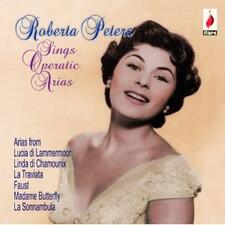
Roberta Peters
Singer Roberta Peters led a career spanning more than half a century as one of the Metropolitan Opera’s most popular sopranos. A frequent performer on the radio, television, and stages around the world, Peters was also involved with many public health and Jewish organizations throughout her life.
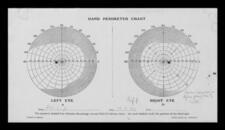
Ursula Philip
Ursula Philip was a German geneticist whose work was interrupted by the Nazis’ rise to power but achieved prominence after fleeing to Great Britain.
Ellen Phillips
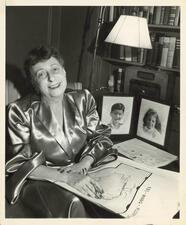
Irna Phillips
Irna Phillips created hugely popular soap operas for radio and television and introduced plotlines that shaped the format of many soaps that followed.
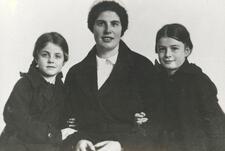
Clara Asscher Pinkhof
Clara Asscher Pinkhof dedicated her life and work to helping and advocating for Jewish children, initially as a teacher and later as an author. She is most known for her accounts of the experiences of Jewish children during the Nazi occupation.
Mimi Pinzón
Mimi Pinzón published a wide variety of acclaimed literary works in Yiddish, including her childhood novel Der hoyf on fenster, along with numerous Yiddish periodicals in Argentina and elsewhere. Pinzón is arguably the sole significant Yiddish writer who spent none of her school years in Eastern Europe.
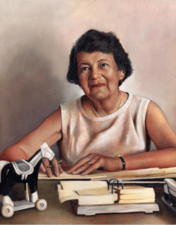
Emma Nuschi Plank
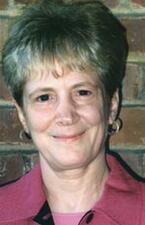
Judith Plaskow
Judith Plaskow is the first Jewish feminist to identify herself as a theologian. Deeply learned in classical and modern Christian theology yet profoundly committed to her own Judaism, Plaskow created a distinctively Jewish theology acutely conscious of its own structure and categories and in dialogue with the feminist theologies of other religions.
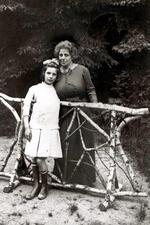
Justine Wise Polier
Tamar De Sola Pool
Born into a family deeply involved in Jewish activism and scholarship, Tamar De Sola Pool spent over a decade as both a Hadassah chapter president and later Hadassah’s national president. She wrote two books in collaboration with her husband, volunteered at displaced persons camps in Cyprus, and helped resettle Jewish children in Palestine with Hadassah.
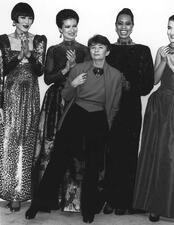
Lucie Porges
Lucie Porges brought a combination of elegance and a relaxed sensibility to her long and fruitful collaboration with top fashion designer Pauline Trigère. As she continued to design, Porges also imparted her immense knowledge in the Fashion Department of the New School for Social Research.
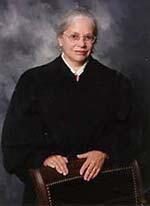
Deborah T. Poritz
Deborah T. Poritz was New Jersey’s first female attorney general and in July 1996, she was sworn in as the first woman chief justice of the New Jersey Supreme Court. She served in that position until she reached the compulsory retirement age of seventy in 2006.
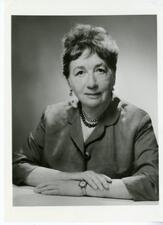
Hortense Powdermaker
Hortense Powdermaker explored the balance of involvement and detachment necessary for participant-observer fieldwork in cultural anthropology, stressing the ability to “step in and out of society.” Her secular Jewish identity was apparently a factor in learning this skill, exemplified in an academic career that included thirty years of college teaching and the writing of five major books based on widely diverse fieldwork studies.
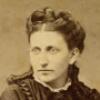
Mary Goldsmith Prag
One of California’s first Jewish educators, Mary Goldsmith Prag came to San Francisco as a young child during the Gold Rush. She became a religious and secular teacher, an administrator, a fighter for equal rights for women, and the mother of the first Jewish congresswoman, Florence Prag Kahn.
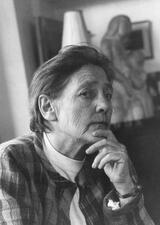
Psychology in the United States
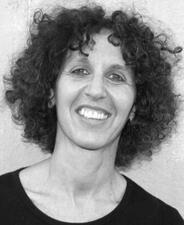
Linda Rabin
Linda Rabins’s education and career as a dancer, teacher, and choreographer was global and eclectic, making her a unique dance artist. She has studied dance, healing arts, and somatic education all over the world from Israel, Japan, to Canada. She is known for co-founding and co-directing the Linda Rabin Danse Moderne in Montréal, which evolved into Les Ateliers de Danse Moderne de Montréal (LADMMI).

